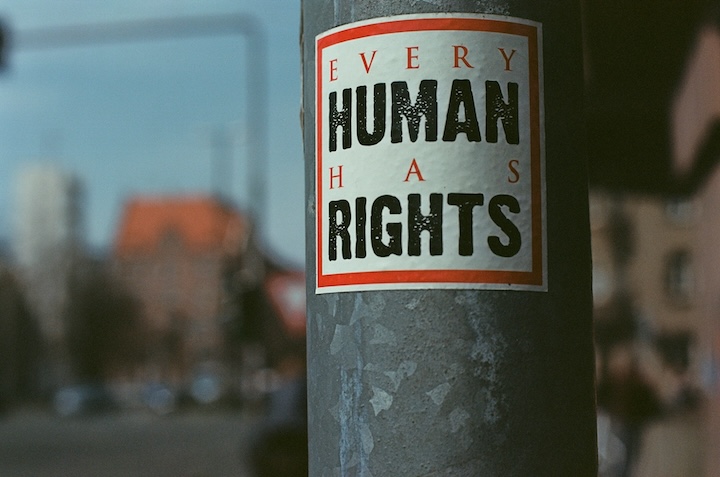The Church’s List of Human Rights
by CAPP-USA

A list of human rights quotes from the Catholic Church
Key Aspects: How to Read this List of Rights
The Catholic Church’s teaching on human rights is rooted in its understanding of human dignity, which is based on every person being created in the image of God.
With that, here are some key aspects of the Church’s teaching on human rights:
- Inherent Dignity: The Church teaches that every human being has inherent dignity and worth from the moment of conception to natural death. This dignity is the foundation for all human rights. (Catechism of the Catholic Church, 1700)
- Universal Rights: The Church asserts that human rights are universal and apply to every person regardless of race, gender, nationality, or religion. This universality reflects the belief that all people are equal in God’s eyes. (Pope Francis, 118)
- Right to Life: The Church emphasizes the fundamental right to life, asserting that every person has the right to be protected from conception until natural death. This includes opposition to practices such as abortion and euthanasia. (Pope Benedict XVI)
- Right to Education and Healthcare: The Church supports the right to education and healthcare as essential for human development and well-being. It advocates for access to these services for all people, particularly the poor and marginalized. (Pope St. Paul VI, 1) (Pope St. John XXIII, 11)
- Social Justice: The Church teaches that human rights are closely linked to social justice. This includes the right to work, fair wages, and just working conditions, as well as the right to participate in the cultural, economic, and political life of society. (Pope St. John Paul II)
- Solidarity: The Church calls for solidarity with the poor and marginalized, recognizing that human rights must be upheld not just individually but also within the context of community and society. The principle of solidarity emphasizes that the well-being of individuals is connected to the well-being of others. (Cathoilic Social Teaching)
- Subsidiarity: The principle of subsidiarity is important in Church teaching on human rights. It holds that social and political issues should be addressed at the most local level possible, with higher levels of authority intervening only when necessary. (Cathoilic Social Teaching)
- Freedom of Religion: The Church upholds the right to religious freedom, which includes the right to practice one’s faith openly and to change one’s religion if one chooses. (Pope St. John Paul II, 47)
- Advocacy and Action: The Church encourages individuals and societies to actively promote and protect human rights through advocacy, education, and practical support, reflecting the Church’s commitment to justice and peace. (Pope St. John Paul II, 38)





